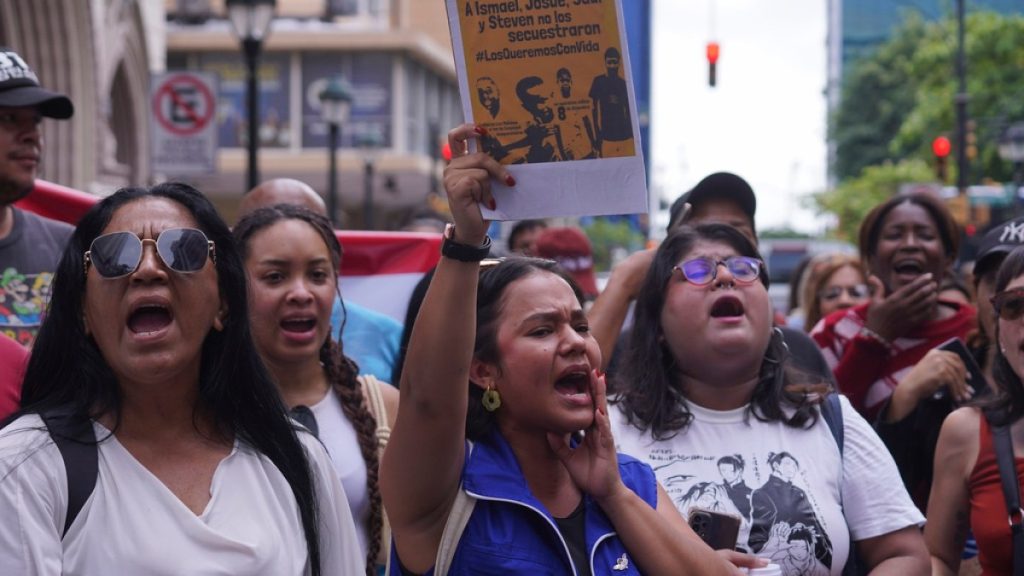The attorney general of Ecuador has confirmed that four minors who disappeared on December 8th were found dead in the city of Taura. The charred remains of the boys, aged 11 to 15, were identified through forensic genetic tests. The boys had disappeared after a military operation in the coastal city of Guayaquil, with surveillance footage showing them being taken away by soldiers in a pick-up truck. The investigation into their disappearance appeared to have been stalled until family members pressed for more information through social media and the press. This incident has raised questions about the involvement of Ecuador’s military in the disappearances.
In response to the boys’ disappearance, 16 members of Ecuador’s military were arrested last week. Judge Dennis Ugalde Alvarez has ordered these military members to remain behind bars while an investigation into their alleged involvement continues. Family members of the missing boys have expressed relief at the decision, urging for the military members to be held in jail rather than a military base. Protests known as the “Caso Malvinas” or “Malvinas Case” have broken out in Quito and Guayaquil, with demonstrators demanding justice for the boys and accountability from the government and authorities.
President Daniel Noboa has taken measures to address the surge in violent crime in Ecuador, designating criminal groups as “terrorist” organizations and declaring states of emergency to allow the military to assist police. Voters have also approved measures to expand law enforcement powers to combat crime. However, such states of emergency have a troubled history in Latin America, with security forces sometimes abusing their powers under the guise of fighting crime. State abuses like corruption, torture, and enforced disappearances have been associated with emergency declarations, raising concerns about potential human rights violations in Ecuador.
The families of the missing boys have experienced nationwide outrage over the handling of the investigation into their disappearance. The delay in launching a probe into the military’s involvement and the slow response from authorities have fueled anger and frustration. The families have sought answers through social media and the press, pressuring the authorities to take action. The case has highlighted concerns about the militarization of law enforcement in Ecuador and the potential for human rights abuses in the pursuit of combating crime.
The confirmation of the boys’ deaths has brought closure to their families, but questions remain about the circumstances surrounding their disappearance and killings. The identification of the charred remains has led to renewed calls for accountability and justice for the victims. The ongoing investigation into the military’s alleged involvement is crucial in determining the truth behind the boys’ deaths and ensuring that those responsible are held accountable. The case has sparked a national conversation about the need for transparency, accountability, and respect for human rights in law enforcement efforts to address crime in Ecuador.














